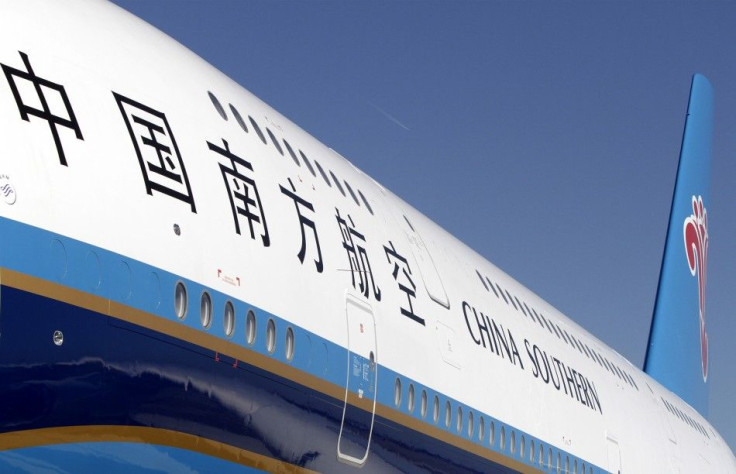China Airlines 'Will Not Cooperate' with E.U. on Carbon Tax

China's airline companies are refusing to pay a new European Union (EU) carbon tax when traveling to airports on the continent.
In an attempt to reduce carbon emissions, the E.U. has imposed fines on carriers for each ton of carbon dioxide above a certain limit they release into the atmosphere. The tax has been in effect since 2005, but as of Jan. 1, 2012, any airline traveling into and out of an airport in one of the E.U.'s 27 member states is required to pay.
China, of course, will not cooperate with the European Union on the ETS (emissions trading scheme),” Chai Haibo, deputy secretary-general of the China Air Transport Association [CATA], told Agence France-Presse.
“The CATA, on behalf of Chinese airlines, is strongly against the EU's improper practice of unilaterally forcing international airlines into its ETS,” Chai said from Beijing.
The China Air Transport Association represents the country's largest carriers, including Air China, China Southern Airlines, China Eastern Airlines and Hainan Airlines. The tax, which could cost China an annual 800 million yuan ($126 million), has other carriers increasing ticket prices but Chinese companies are refusing to do so.
Similar to the criticism China just doled out toward the United States' new sanctions on Iran, the country said it was wrong for Europe to impose its Emissions Trading Scheme on other countries.
China opposes the European Union's unilateral legislation. China has expressed to the EU our deep concern and opposition many times on a bilateral level, Chinese Foreign Ministry spokesman Hong Lei said.
On this issue, the United States and China are in agreement. So are Canada, India and Australia, who have also criticized the E.U. scheme, and are considering taking their cases to court.
“We are now walking on two legs – first, we would not rule out the chance of taking legal action and, second, to resort to the government for retaliatory measures. Several departments have been looking into this,” Australia's Qantas Airways commented, according to reports.
© Copyright IBTimes 2024. All rights reserved.





















